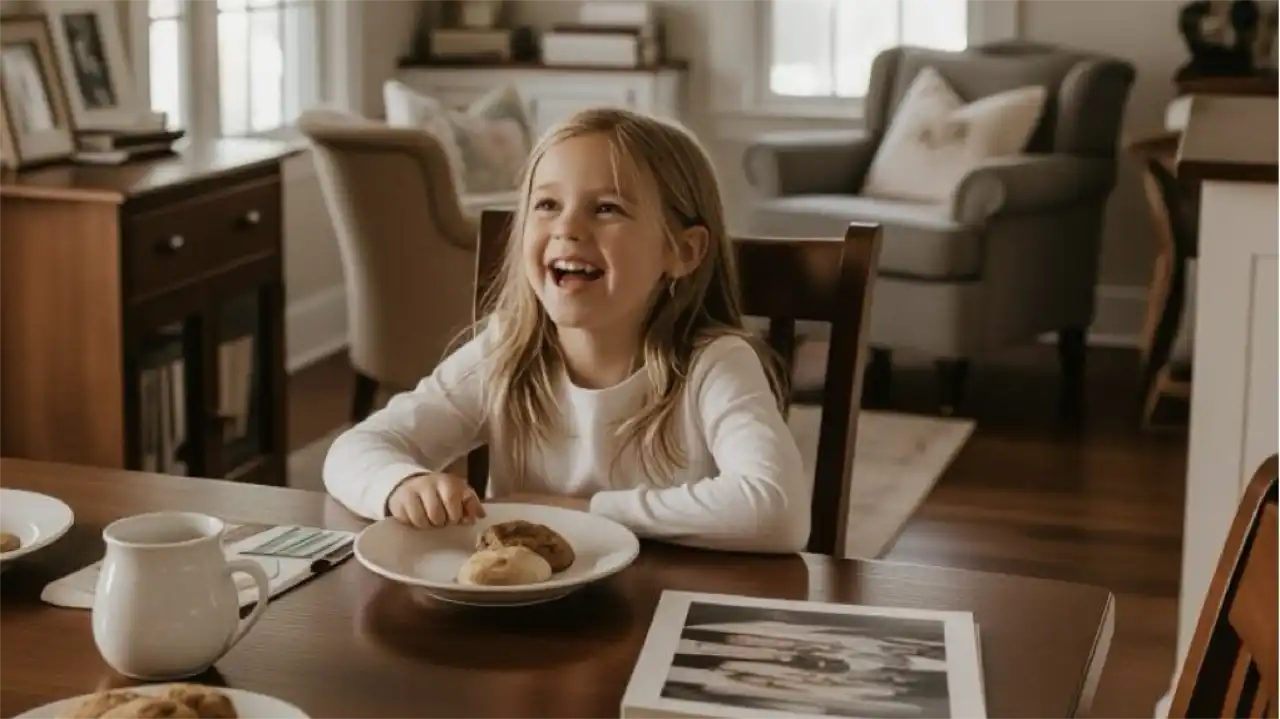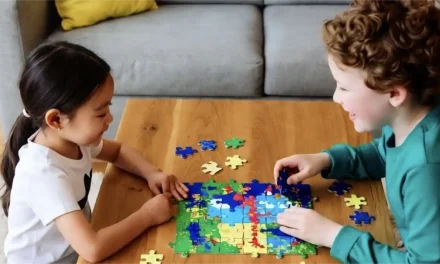
Developing Memory: How Parents Can Foster Memory
A
child’s memory grows best in a home that values attention, repetition, and meaning. You don’t need flashcards or drills—you need habits that make remembering part of daily life. From telling family stories to noticing patterns, your actions show that memory is useful, natural, and fun. When kids see recall as something grown-ups practice too, they stop fearing it and start using it. You become not just a teacher, but a partner in helping their memory thrive.
One evening, I was setting the table and asked my daughter, “What did we have for dinner two nights ago?” She paused, smiled, and remembered—not just the meal, but the joke her brother made. That led to a conversation about memory and how it attaches to meaning. We made it a game: remembering outfits, songs, places we’d visited. Soon she started doing it on her own. During a story, she’d chime in: “This reminds me of…” Her recall grew sharper not through pressure, but through shared moments and playful practice.
To foster memory at home, build small rituals that invite reflection. Ask about the day’s highlights, or review the week together. Tell stories from your childhood and invite them to retell them later. Encourage connections: “Does this remind you of something we saw last month?” For younger children, keep it light—what did they wear, hear, or taste? For teens, ask about what stuck with them from a movie, book, or conversation. The more your home makes space for remembering, the more naturally their memory will grow—supported not by testing, but by attention, emotion, and connection.
Developing Memory

Developing Memory: How Memory Can Be Trained
Memory improves with practice. Learn simple routines and games that strengthen recall and deepen learning for growing minds.

Developing Memory: Why Memory Matters
Memory shapes learning, confidence, and understanding. Help children build strong recall skills that support curiosity and school success.
Table of contents

Primordial Soup for the Mind: Navigation
Navigate the book Primordial Soup for the Mind.
TIP
When your child remembers something spontaneously, pause to affirm it: “You really held onto that!” These moments reinforce that memory is noticed and valued.
ACTIVITY
Start a weekly “memory walk”—revisit a shared event and take turns describing details. Who was there? What happened first? What made it funny, surprising, or meaningful?
EXAMPLE
If your child says, “This song reminds me of our road trip,” reply, “Exactly—your memory linked the music and the moment. That’s how strong it can be.”

Download “Primordial Soup for the Mind: A Parent’s Guide to Nurturing Intellectual Growth”
Enter your information to get this article and hundreds more as part of the FREE book Primordial Soup for the Mind.
Share your thoughts with the Thought Academy community in the Comments section below.

Sharpen those skills!
Enter your information to get our FREE practice exercises so you can hone your critical thinking and reasoning skills!







0 Comments